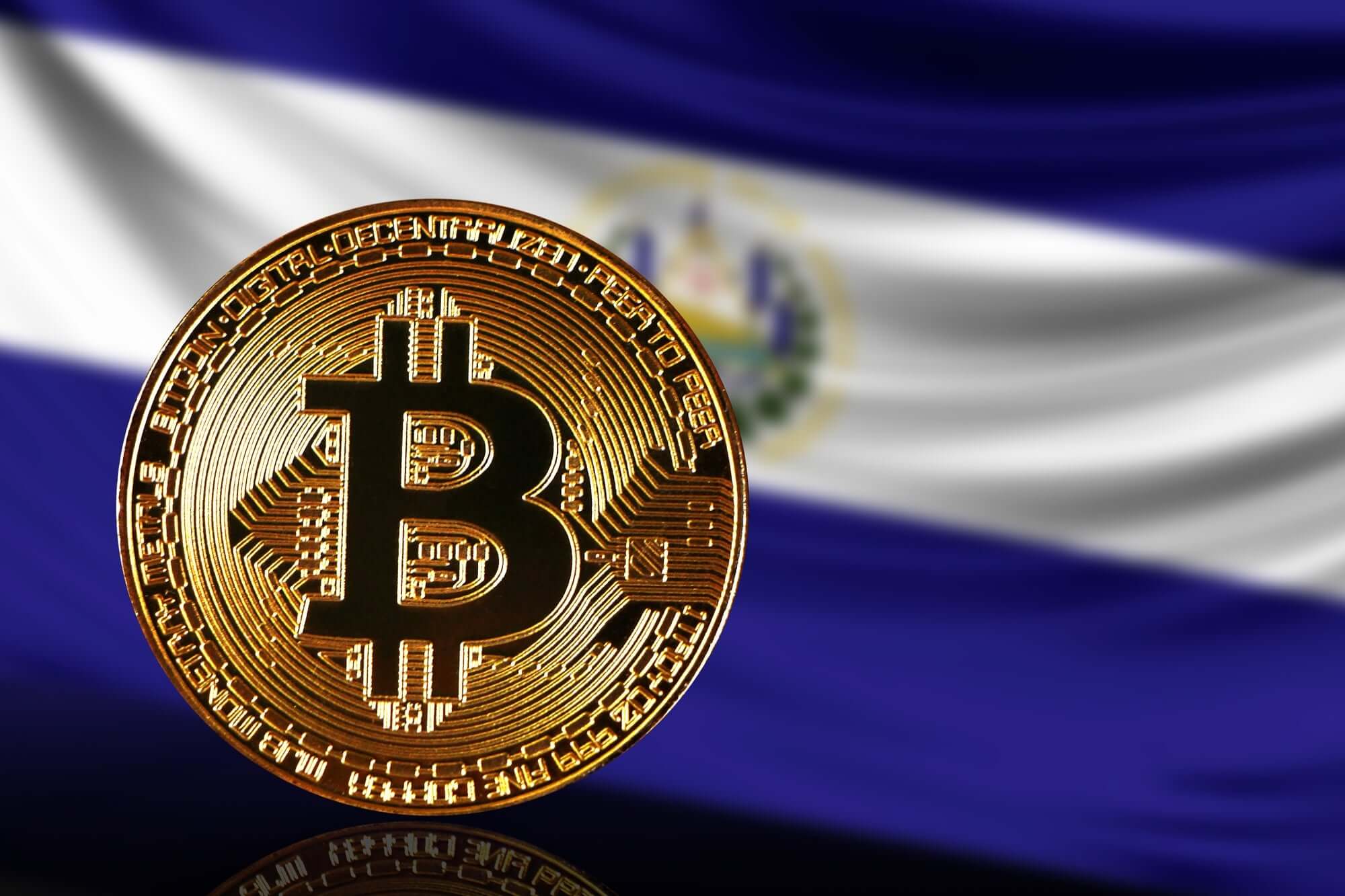El Salvador Pauses Daily Bitcoin Purchases Amid IMF Loan Agreement
23.02.2025 16:00 2 min. read Alexander Stefanov
El Salvador’s regular Bitcoin buying activity seems to have stalled, with the latest recorded purchase from the country's wallet on February 17, according to Arkham Intelligence.
This pause follows the nation’s recent agreement with the International Monetary Fund (IMF) for a $1.4 billion loan.
Currently, El Salvador holds over 6,000 BTC, worth roughly $586 million at the current market rate. President Nayib Bukele initiated a daily Bitcoin purchasing plan in November 2022, acquiring one Bitcoin per day. In March 2024, Bukele transferred around 5,600 BTC, valued over $400 million at the time, into a cold storage wallet, calling it the country’s “first Bitcoin piggy bank.” This was the first time the country publicly shared its Bitcoin wallet address.
The IMF deal, spanning 40 months under the Extended Fund Facility, came after extensive negotiations and mandates that El Salvador adjust its Bitcoin policies. This arrangement aims to unlock additional financial support, possibly surpassing $3.5 billion during the program period.
As part of the agreement, El Salvador has agreed to scale back its Bitcoin-related activities, including making Bitcoin adoption voluntary for private sector businesses. To comply, the country’s legislature passed changes to its Bitcoin law in January 2025.
El Salvador has also made notable larger Bitcoin purchases, moving away from its usual daily acquisition routine. For instance, after securing the IMF financing, the country bought $1 million worth of Bitcoin in December 2024 and added 11 BTC, valued at over $1 million, in early February 2025.
-
1
Strategy’s Michael Saylor Says Bitcoin’s Volatility Era Is Over
13.06.2025 8:00 1 min. read -
2
Quantum Computing Won’t Kill Bitcoin, Says Michael Saylor
10.06.2025 12:00 1 min. read -
3
Bitcoin Struggles as Selling Pressure Mounts Amid Geopolitical Turmoil
13.06.2025 15:00 2 min. read -
4
Bitcoin on the Edge: Why One Veteran Trader Sees a 75% Plunge
11.06.2025 13:00 1 min. read -
5
Why Michael Saylor Bet on Bitcoin During the COVID Cash Crisis
12.06.2025 19:00 2 min. read
Strategy Boosts Bitcoin Holdings to 597,325 BTC with Latest Purchase
Bitcoin giant Strategy has added another 4,980 BTC to its reserves in a purchase worth approximately $531.9 million, according to Executive Chairman Michael Saylor.
Veteran Trader Peter Brandt Shares Simple Wealth Strategy with Bitcoin at Its Core
According to renowned market veteran Peter Brandt, trading isn’t the path to prosperity for the vast majority of people.
Why Bitcoin Is Stuck Despite Wall Street Demand
Charles Edwards, founder and CEO of Capriole Investments, has offered a fresh perspective on Bitcoin’s stalled price movement near the $100,000 mark, despite growing institutional enthusiasm.
Metaplanet Now Holds 13,350 BTC Worth $1.4 Billion
Metaplanet has expanded its Bitcoin treasury with a new acquisition of 1,005 BTC valued at approximately $108.1 million, further cementing its status as one of the largest corporate holders of the digital asset.
-
1
Strategy’s Michael Saylor Says Bitcoin’s Volatility Era Is Over
13.06.2025 8:00 1 min. read -
2
Quantum Computing Won’t Kill Bitcoin, Says Michael Saylor
10.06.2025 12:00 1 min. read -
3
Bitcoin Struggles as Selling Pressure Mounts Amid Geopolitical Turmoil
13.06.2025 15:00 2 min. read -
4
Bitcoin on the Edge: Why One Veteran Trader Sees a 75% Plunge
11.06.2025 13:00 1 min. read -
5
Why Michael Saylor Bet on Bitcoin During the COVID Cash Crisis
12.06.2025 19:00 2 min. read


